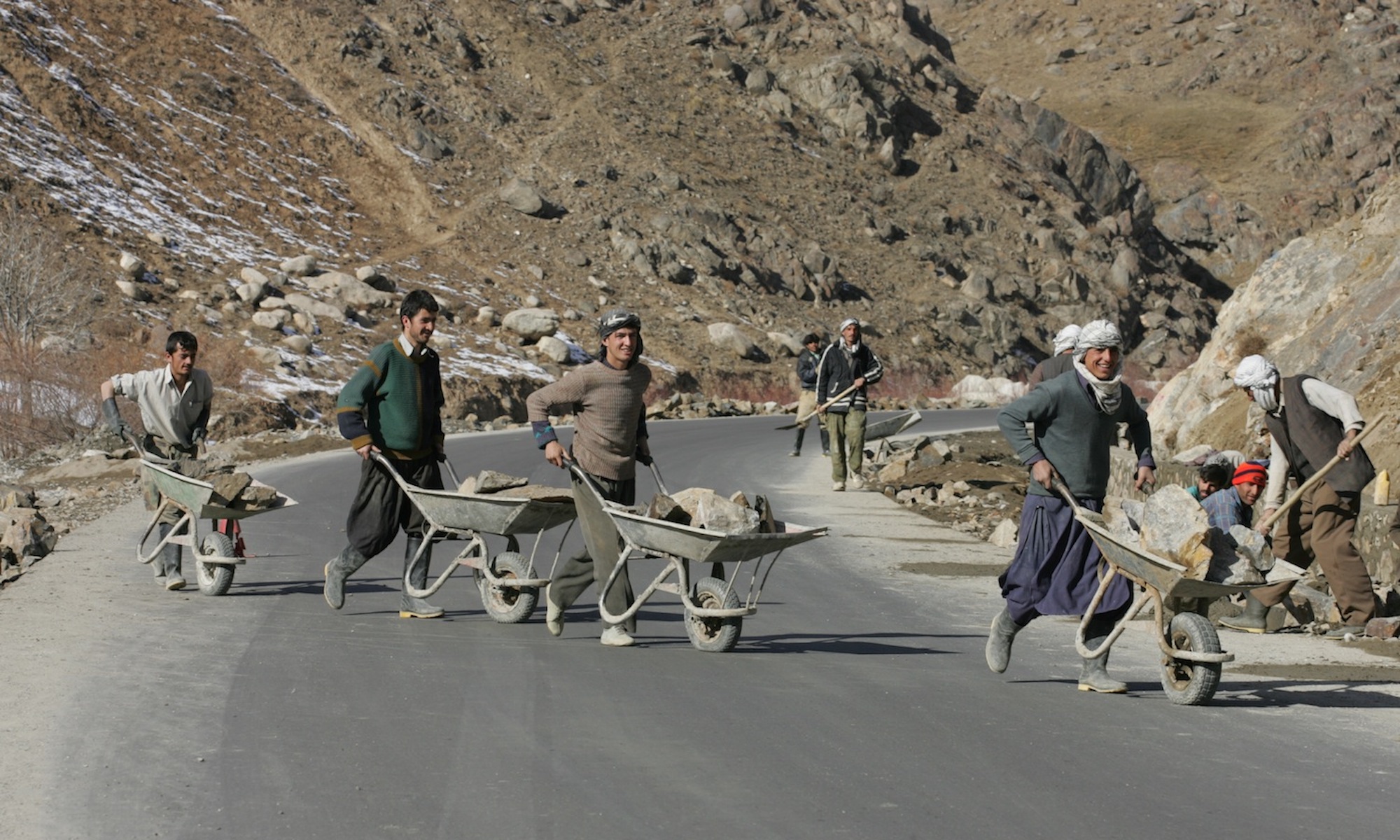This report is an effort to help international actors better understand and increase their effectiveness in Afghanistan and other post-conflict cases. The report maps data collected from public information, media reporting, polling, and on-the-ground interviews to measure reconstruction in terms of the effects international efforts have had on people’s everyday lives. This innovative approach to data collection is designed to establish a baseline and promote realistic goals; work in situations where data are unreliable and anecdotes are rumor filled; and measure actual benefits, as opposed to simply money spent, projects completed, and other familiar tests. The report concludes that despite significant advancements since the fall of the Taliban, Afghanistan has not yet reached the “Viable Zone”–where people’s immediate needs have been met and a foundation for building long-term government and human capacity has been established. It makes actionable recommendations for ways to improve the reconstruction effort in the areas of security, governance, justice, economic opportunity, and social well-being.

INSCT Postconflict Research Database
The Institute for National Security and Counterterrorism's Postconflict Research Database & Analysis Project stores cross-indexed bibliographic information on hundreds of journal articles, books, book chapters, and case reports that address the broad, interdisciplinary fields of postconflict reconstruction, stabilization, and peacebuilding.